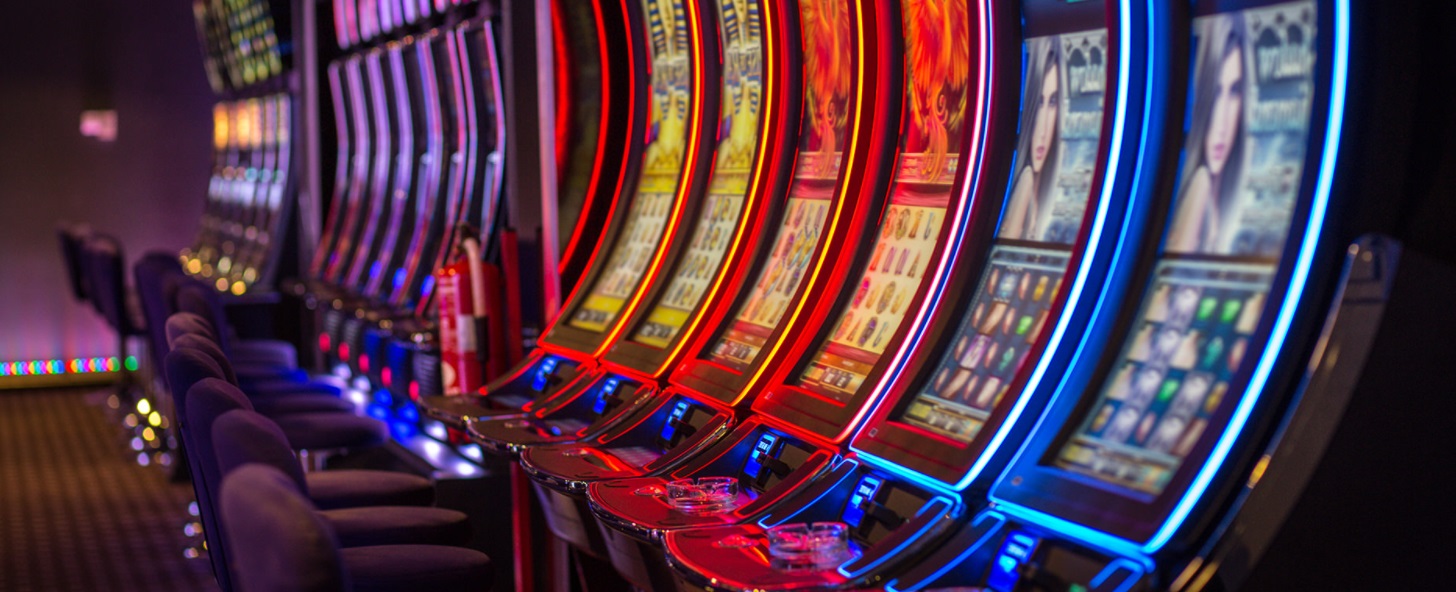
When we think of casino activities, the first images that frequently come to mind are those of rotating roulette wheels, poker chips clinking on felt tables, and dice flying across a gaming surface. While many consider these activities as mere pastimes fueled by luck, a more profound exploration reveals a captivating blend of strategy, skill, and community engagement that elevates them far beyond simple chance. Regardless of whether you are a seasoned player or a inquisitive newcomer, grasping the nuances of these activities can significantly enhance your enjoyment and appreciation.
Gambling activities have evolved over hundreds of years, with various cultures contributing to their diverse histories and variations. From the intricate tactics of 21 to the deception methods in card games, players engage in a battle of intellect as much as a gamble on odds. This exciting interplay between luck and skill creates a thrilling atmosphere that draws countless people to gambling establishments worldwide. As we delve into the realm of table games, we will reveal the methods that can tilt the odds in your favor and the social aspects that make these games a favored choice for entertainment and engagement.
The Approach Behind Table Gaming
Table games often involve a blend of skill and luck, which makes them intriguing for players who like a test. Every title has its own set of guidelines and strategies that can influence the outcome. For instance, in games like blackjack, players are obliged to use strategies like counting cards and grasping the probabilities to make smart decisions. This expertise can significantly improve the winning potential, distinguishing experienced participants from novices who may rely solely on chance.
In contrast, games such as roulette may seem to be purely based on luck, but strategic thinking can also play into the equation. Participants can choose between different betting tactics, such as the Martingale strategy, where they raise their bets after losses. This method can establish a more controlled way to the game. Understanding the probabilities of specific wagers can also help players make smarter decisions on the table, showcasing that even in titles of luck, strategy can enhance the enjoyment.
Furthermore, poker is notable as a title that strongly focuses on strategy. Unlike most gaming titles, poker merges skill, mental acuity, and luck. Players must not only focus on the cards they are given but also take into account their rivals’ actions and wagering patterns. Mastering concepts like position, pot odds, and reading bluffing is crucial for winning. This complexity of strategy in the game of poker often leads to a more engaging experience for participants, where the choices and skills significantly affect the match’s outcome.
Understanding Likelihood and Ratios
In the world of gambling activities, likelihood and ratios have a crucial role in deciding a gambler’s potential results. Every activity has its own set of principles that dictate how the probability of succeeding or failing is calculated. For instance, in games like blackjack, players have a chance to influence their ratios through strategy, whereas in matches like roulette, the results are exclusively governed by chance. Grasping how these chances are measured can substantially impact how a player deals with the match.
Odds are typically presented in two formats: ratio and numeric. Fractional odds represent the ratio of the amount gained to the sum bet, whereas decimal ratios show the total return for a successful bet, including the stake. For instance, if a match has odds of 5 to 1, this implies that for every one dollar bet, a player could gain five dollars if successful. Understanding how to interpret these odds allows players to evaluate their potential earnings and make more educated choices during gameplay.
Players should also be conscious of the house edge, which is the casino’s inherent benefit over the gamblers. Each game has a different house edge, and understanding this idea is crucial for handling one’s expectations and budget. Games with a lower house edge, such as 21 and baccarat, typically offer superior ratios for players compared to activities like slot machines and keno. By recognizing the connection between chance, odds, and the casino advantage, players can enhance their gambling experience and plan more efficiently.
The Social Aspect of Casino Table Games
Casino games at casinos are often seen as a center of community engagement, drawing participants together in a shared experience that goes far past the mere act of gambling. The atmosphere at a poker table can be electric, with gamblers engaging not only with the game itself but also with one another. Joy, cheers, and, sometimes, playful teasing create connections that improve the overall experience of the gaming experience. This communal aspect can turn a alone endeavor into a lively social event, making casino games particularly appealing.
One of the fascinating elements of table gaming is the way it fosters camaraderie among players. Whether it’s collaborating to defeat the dealer at a dice table or exchanging tales between hands in a poker game, the environment encourages interaction. Players often share tips or tactics, creating a sense of community that boosts the fun. This social dynamic can make new players feel welcomed and less daunted by the competitive nature of casino games. As the game continues, friendships may form, leading to a sense of connection that keeps participants coming back to the table.
Moreover, the social aspect of gaming at tables extends beyond just the players. Dealers play a crucial role in encouraging interaction and maintaining the flow of the game. Their ability to engage players with warm dialogue and their expertise in managing the table can create an inviting atmosphere. This relationship between participants and staff adds another layer of enjoyment, where players feel connected not only to each other but also to the staff. Such interactions are often what make the experience unforgettable, as participants leave with tales to tell and relationships made, reinforcing the notion that gaming at tables are truly about something greater than luck.
888b